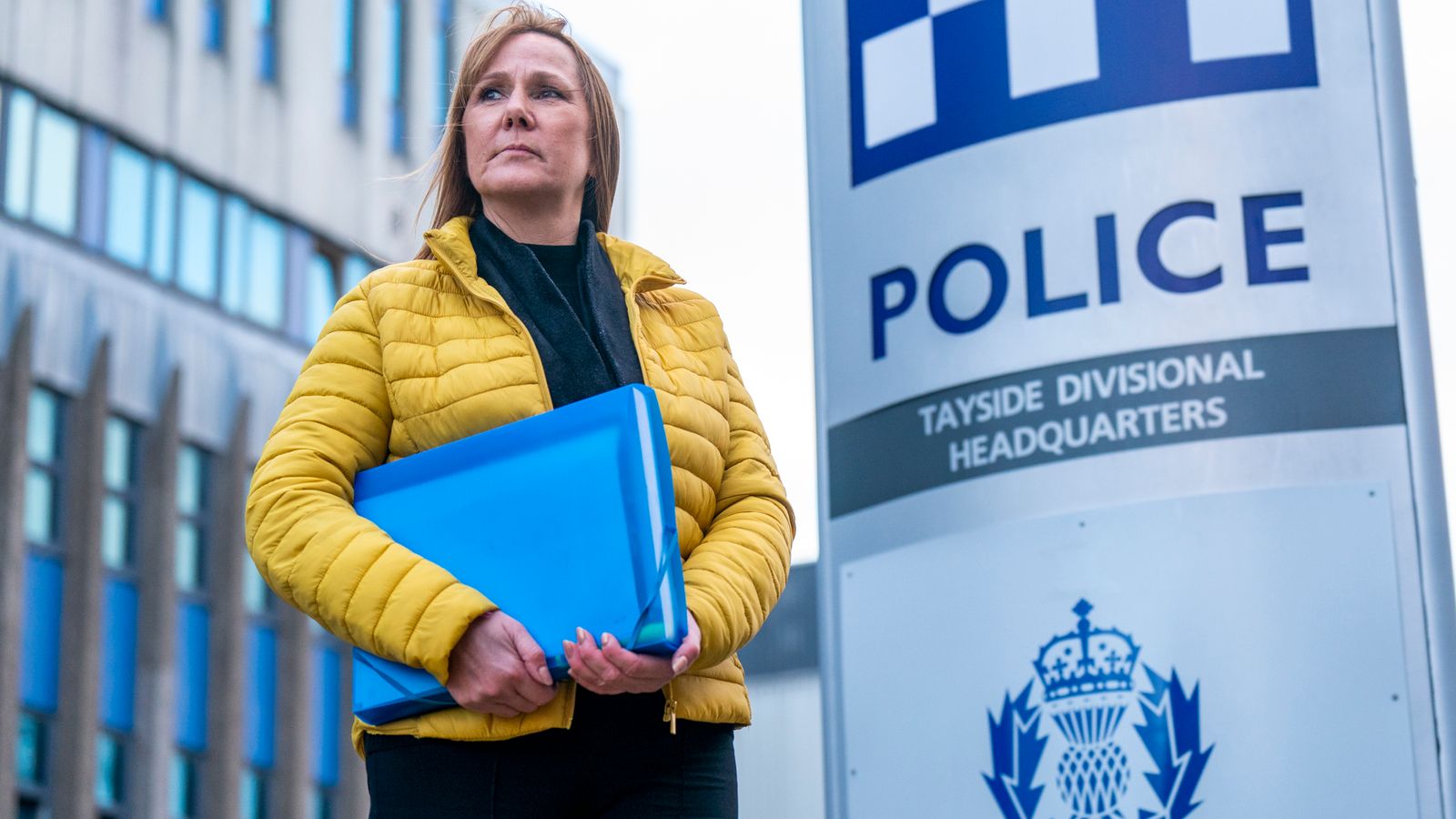A major report into maternity failings at an NHS trust has found at least 210 deaths could have been avoided.
At least 201 babies could have lived if their care had been better, including 131 who were stillborn and 70 who died soon after birth.
Nine mothers also died avoidable deaths.
In 94 cases babies suffered avoidable long-term injuries, including brain damage, due to a lack of oxygen during their birth.
Families told mothers ‘responsible’ for deaths
The major report into more than two decades of avoidable harm to babies and mothers at the Shrewsbury and Telford NHS Trust has found mothers were blamed for the deaths of their babies. Some families were told mothers were responsible for their own deaths.
The babies who died in the UK’s worst maternity scandal
Richard Stanton whose baby Kate died at the Trust in 2009 told Sky News “this has to be a watershed moment for maternity care across this country that a tragedy of this scale can never be allowed to happen again.
“Those who are in charge of policy need to make sure that policy is put in place and tested to make sure that this never happens again and also that bereaved parents are not at the forefront of having to uncover such tragedy.”
The independent review chaired by midwife Donna Ockenden examined 1,592 clinical incidents involving 1,486 families. Most of the incidents occurred between 2000 and 2019.
Reluctance to perform C-sections, failure to assess risk of patients
It found a culture that favoured natural birth led to a reluctance to perform caesarean sections which resulted in many babies dying.
There was a failure to properly assess the risk of patients, a failure to properly monitor babies and a repeated failure to learn from mistakes.
Chair of the review Donna Ockenden said: “Throughout our final report we have highlighted how failures in care were repeated from one incident to the next.
“For example, ineffective monitoring of fetal growth and a culture of reluctance to perform caesarean sections resulted in many babies dying during birth or shortly after their birth.
“In many cases, mothers and babies were left with life-long conditions as a result of their care and treatment.”
She added: “The reasons for these failures are clear. There were not enough staff, there was a lack of ongoing training, there was a lack of effective investigation and governance at the Trust and a culture of not listening to the families involved. There was a tendency of the Trust to blame mothers for their poor outcomes, in some cases even for their own deaths.
“What is astounding is that for more than two decades these issues have not been challenged internally and the Trust was not held to account by external bodies.
“This highlights that systemic change is needed locally, and nationally, to ensure that care provided to families is always professional and compassionate, and that teams from ward to board are aware of and accountable for the values and standards that they should be upholding.
“Going forward, there can be no excuses, Trust boards must be held accountable for the maternity care they provide. To do this, they must understand the complexities of maternity care and they must receive the funding they require.”
‘Harrowing picture’ of repeated failures in care
Her report identifies more than 60 areas in which the Shrewsbury and Telford Trust must take action.
The review has also outlined 15 areas in which all maternity services in England must take action to improve patient safety.
Responding to the report, Health Secretary Sajid Javid said: “Donna Ockenden’s report paints a tragic and harrowing picture of repeated failures in care over two decades, and I am deeply sorry to all the families who have suffered so greatly.
“Since the initial report was published in 2020 we have taken steps to invest in maternity services and grow the workforce, and we will make the changes that are needed so that no families have to go through this pain again.
He added: “I would like to thank Donna Ockenden and her whole team for their work throughout this long and distressing inquiry, as well as all the families who came forward to tell their stories.”

